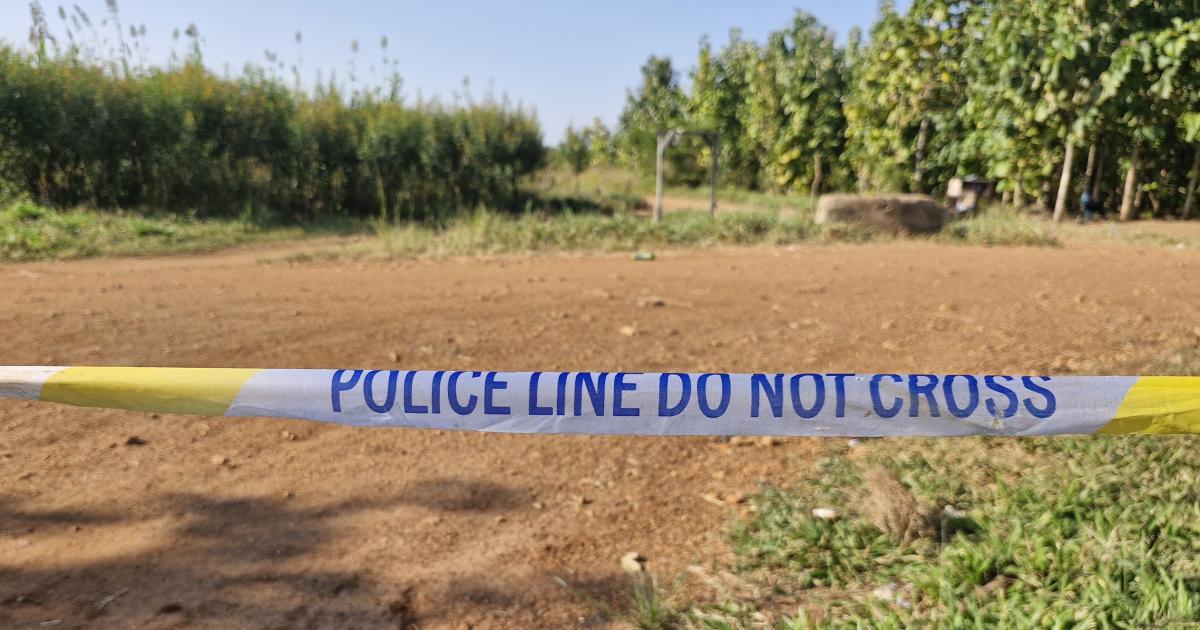Guest post by Jatuporn Cheewasrirungruang.
Imagine your life is in danger, and there is no legal way to flee. Someone gives you a forged passport – not to commit fraud, but to help you escape to a safer place and that place is Thailand. You use it and board a flight, desperately seeking safety. Should that make you a criminal?
Under Thai law, Section 268 of the Penal Code criminalizes the use of forged or falsified documents, including passports and ID cards, when such use may cause harm to others or to the public. This section connects to Sections 264–267, which govern the act of forgery itself. Importantly, if someone both forges and uses the document, they face punishment only once—under Section 268.
From the state’s perspective, this provision ensure national security and protects society from identitied fraud, smuggling, and the misuse of official documentation. But a pressing question arises: what if the person using the false document is a refugee fleeing danger, with no other route to safety?
What Does International Law Say?
According to Article 31(1) of the 1951 Refugee Convention, refugees should not be penalized for illegal entry or stay including the use of false documents if they are coming from a country where their life or freedom was threatened and they present themselves without delay to the authorities.
Thailand is not a party to the Refugee Convention. However, it is a state party to other treaties such as the Convention Against Torture (CAT) and the International Covenant on Civil and Political Rights (ICCPR), both of which reinforce the principle of non-refoulement where the underlying idea is that people should not be sent back to countries where they face serious harm.
Legal scholars argue that international protection norms should guide how national courts and policymakers interpret laws especially when dealing with refugees acting out of desperation, not deceit.
The Conflict: Domestic Laws vs Humanitarian Necessity
Some may argue that by exempting refugees from penalties in light of Article 31 of the 1951 Convention could encourage document smuggling or abuse of the asylum system. But international courts and legal experts have drawn an essential distinction:
Using forged documents to escape persecution is an act of survival, not deception.
In jurisdictions that are parties to the Refugee Convention, courts have affirmed this distinction. For example:
In R v. Asfaw (2008), the UK House of Lords emphasized that criminal prosecution should not apply where an asylum seeker uses false documents as a direct result of fleeing persecution. In U.S. v. Zheng (2002), the U.S. courts acknowledged that fraudulent documents might be the only viable escape route and that such use should not automatically disqualify someone from protection.
Even in non-signatory countries, such as India and Hong Kong, courts have interpreted refugee rights in light of the CAT and ICCPR, recognizing the importance of protecting asylum seekers from unjust criminalization.
Why does it matter for Thailand?
Thailand has a long history of hosting refugees, even without being a signatory to the Refugee Convention. If Thai courts or lawmakers were to interpret Section 268 through the lens of necessity and international human rights standards, it could help balance the protection of national interests with compassion for vulnerable individuals.
Thailand’s role as a recently elected member of the UN Human Rights Council (2025–2027) as well as its progress in reforming asylum management adds further weight to this responsibility. Upholding the dignity of those seeking refuge would reflect a principled and rights-respecting approach aligned with its global commitments.
Does Non-Penalization Promote Smuggling?
A common concern is that exempting refugees from punishment might enable smuggling networks. But here’s the reality is – it is not the exemption that fuels smuggling. It’s the absence of safe, legal pathways to asylum.
Article 31(1) was drafted in recognition of the fact that many refugees, especially those fleeing authoritarian regimes or wars, have no way to obtain genuine travel documents. In such cases, criminalizing their desperate actions only adds to their suffering.
Non-penalization should be narrowly defined and only apply when certain criteria are met:
The individual presents themselves to authorities without delay. There is credible evidence of flight from persecution. There is no intention to deceive for personal gain.
This is not a free pass or blanket amnesty. It does not shield traffickers or criminals, but rather ensures that genuine asylum seekers are treated with fairness.
Courts that apply such reasoning acknowledge a critical truth: smugglers thrive in legal vacuums. When legal protection is inaccessible, desperate individuals are forced into the arms of illegal networks. Creating legal avenues and distinguishing refugees from traffickers deters crime, rather than enabling it.
Toward a More Just Approach
Recognizing that refugees may sometimes need to use false documents as a last resort is not about weakening the law—it is about applying it wisely and humanely.
As Thailand progressively reforms its legal framework on asylum and refugee protection, interpreting Section 268 to include a defense of necessity could be a powerful and principled step forward. It would bring Thai jurisprudence closer to international legal standards, safeguard human dignity, and set an example in the region.
After all, the essence of justice lies not only in enforcing the law but in understanding why the law must fairly yield to necessity.
Any comments about this post? Get in touch with us! Send us an email, or find us on LinkedIn and BlueSky.
How to cite this blog post (Harvard style):
J. Cheewasrirungruang. (2025) Fleeing Necessity: Rethinking Criminal Exemptions for Refugees Under Thai Jurisprudence . Available at:https://blogs.law.ox.ac.uk/border-criminologies-blog/blog-post/2025/10/fleeing-necessity-rethinking-criminal-exemptions. Accessed on: 20/10/2025
